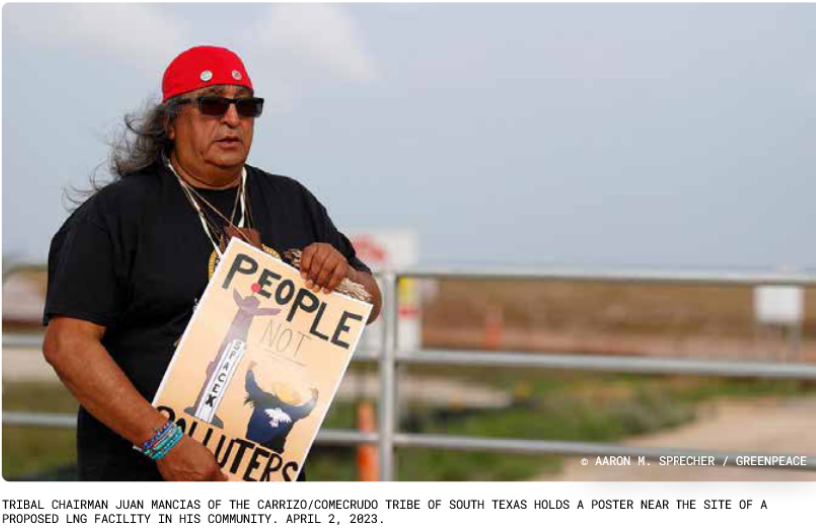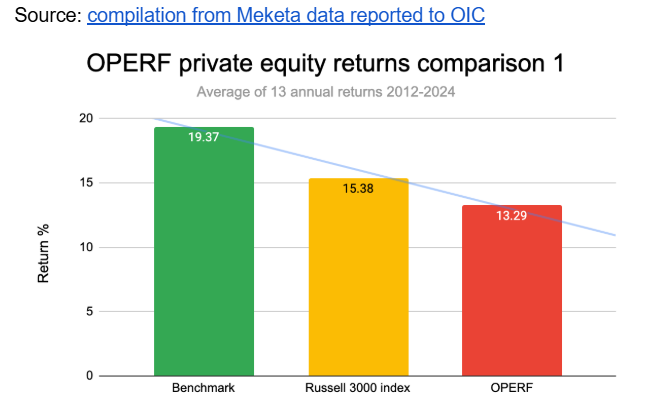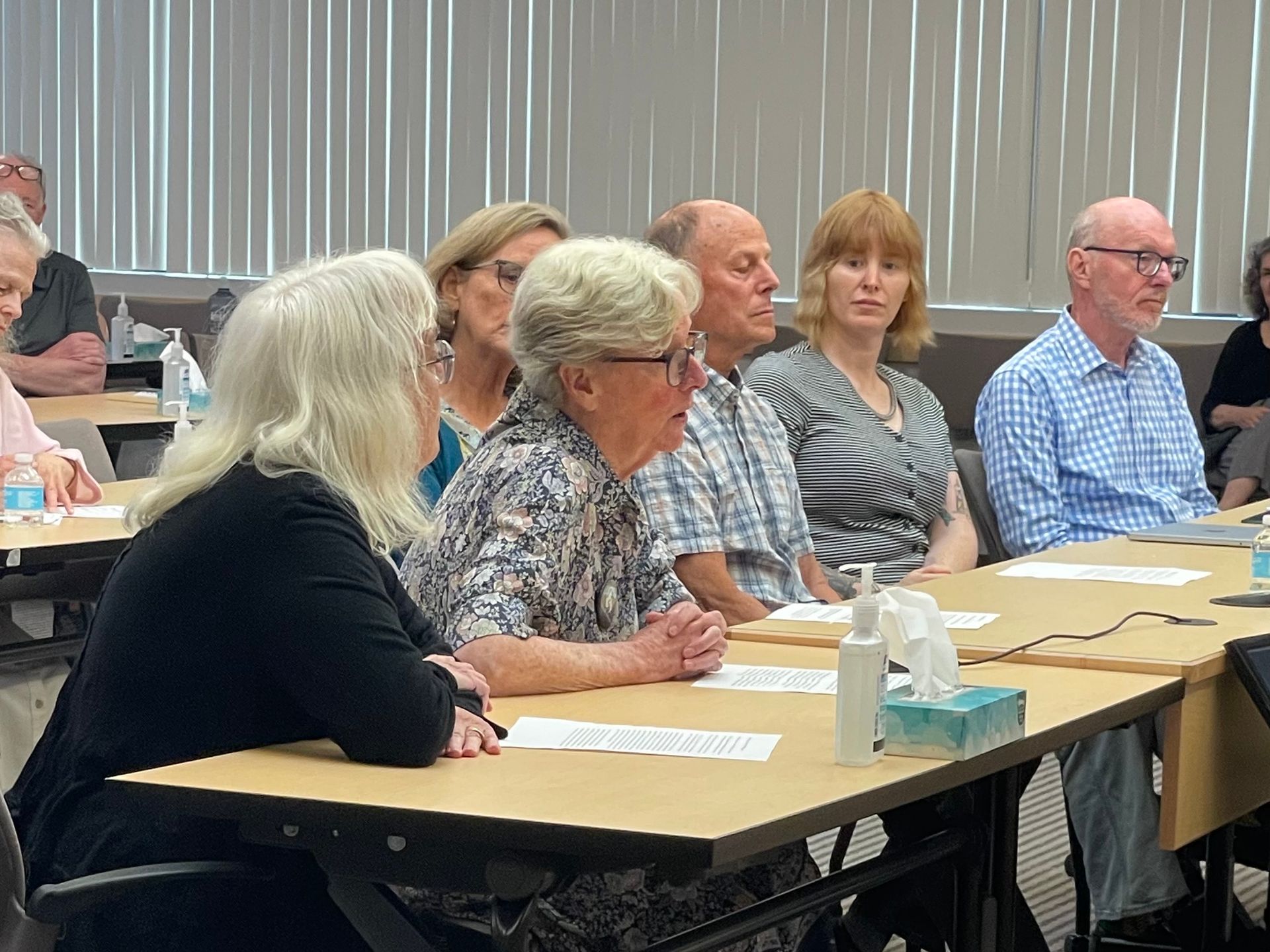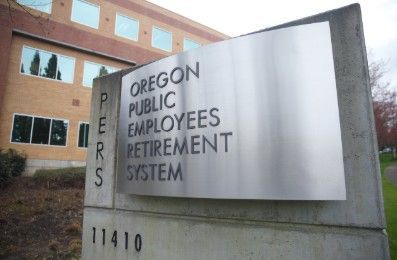Commentary in Capital Chronicle: Proposal to divest pension funds of fossil fuel holdings is financially responsible
Commentary in Oregon Capital Chronicle by Pete Farrelly (Feb 28, 2023)
A trio of state lawmakers want Oregon’s pension funds divested of fossil fuel holdings.
House Bill 2601, as reported by Alex Baumhardt of the Capital Chronicle, would require the Treasury to disclose all of its investment holdings and to stop investing in “carbon-intensive” holdings, defined as investments in coal, oil and gas companies, and providers of equipment, services, transportation or storage related to oil and gas.
The legislation, backed by state Democratic Reps. Khanh Pham of outer Southeast Portland and Mark Gamba of Milwaukie and Democratic Sen. Jeff Golden of Ashland, is an evidence-based, financially responsible solution that would prudently manage climate and transition risks and protect the PERS retirement fund from the inevitable downturn Treasury’s own consultants predict.
But Oregon’s Treasury is against the divestment of state pension or PERS funds. Treasurer Tobias Read’s alternative solution, his “2050 Net Zero” plan, is based on disproven, yet well-intentioned, carbon accounting techniques or unproven technologies.
Though today’s climate denialists no longer show off snowballs in the U.S. Senate to claim climate change is a “hoax,” they use jargon to indicate action while actually doing very little. Read’s “2050 Net Zero” plan proposes just that: very little.
First the plan would punt the problem to 2050. Also, his plan would begin as soon as his term ends in 2024. Thirdly, he kicks the can to a “Net Zero” world where currently insignificant carbon capture technologies would magically improve enough to save the planet just in the nick of time so we can keep emitting billions of tons of carbon every year now. (All while solar and wind energy are cheaper than fossil energy today.) The “Net Zero” approach also relies on tree-planting offsets that counter-intuitively do not help reduce atmospheric carbon.
The Treasury and the Oregon Investment Council “set and monitor portfolio risk. Both short and long term risks are critical.” However, it appears that they ignore the climate and transition risks the Securities and Exchange Commission proposed to regulate last March. New York’s pension plan manages these growing portfolio risks and began divestment years ago. As Tom Sanzillo, New York’s former comptroller, testified in a recent hearing: The Treasury’s approach is “out-moded, uniformed and out of date,” while HB 2601’s plan is “clear and decisive and well-trodden by others.”
Read’s supporters testified that we should trust his plan, without any supporting evidence. The Treasurer’s letter to legislators simply claimed that better returns without the fossil industry are “pure fiction.” Meanwhile, as Pham testified, the fossil industry (before the Ukrainian invasion) has declined for a decade. As Sanzillo testified, every financial manager has low/no carbon investing options, and that $40 trillion have already been divested.
It is important to understand another fact that may explain the lip service PERS members and legislators are fed about their retirement security: Read’s and investment managers’ jobs are naturally motivated by short-term incentives focusing primarily on the next election or next quarter’s profits. PERS members’ incentives, however, are long term. That could explain why the Treasury appears to be ignoring its own consultant’s Climate Scan Report, and why it took a watchdog group, Divest Oregon, a year of wrangling and public records’ requests to gather relevant information. A treasurer‘s fiduciary responsibility necessitates trust, and everyone agrees that a little more transparency increases that trust.
Climate change is an extraordinary and costly challenge to Oregonians. The fossil industry buys our politicians to continue sucking up billions in federal government subsidies annually, and worse, wrongfully externalizes pollution and clean-up costs to us taxpayers from their turbo-charged wildfires and megastorms that tear through our homes and infrastructure. As Gamba testified, climate change impacts will eventually damage Oregon’s agricultural economy in the same negative ways that Californians are beginning to face now. So let’s stop investing in the companies that knowingly accelerate those impacts. (See a similar example in Texas)
So let us protect Oregon and the PERS retirement fund by investing in climate solutions. And let’s discontinue investing in destructive forces in Oregon. Divestment is not a panacea. It’s a start.
The next hearing is slated for Thursday at 1 pm.
Pete Farrelly, a former Oregon Savings Growth Plan Advisory Committee chair, is an engineer at the Oregon Health Authority.











